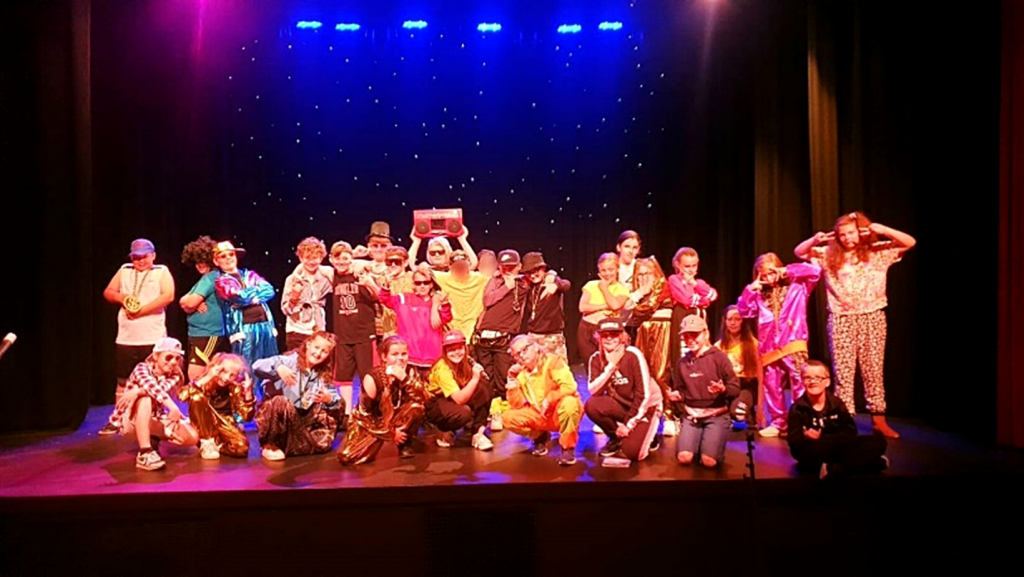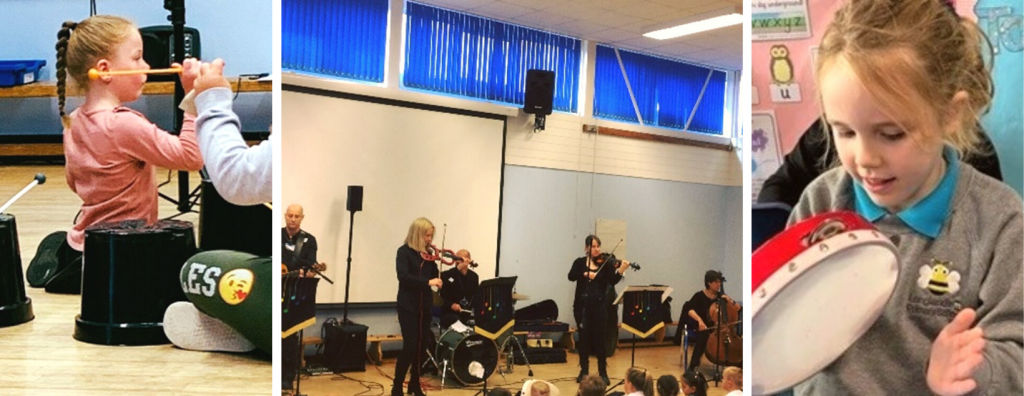Music at Longlands Primary School
Intent
At Longlands, the intention of our Music curriculum is first and foremost to help children feel that they are musical, and to develop a life-long love of music. We want children to gain a firm understanding of what music is through listening, singing, playing, evaluating, analysing, and composing across a wide variety of historical periods, styles, traditions, and musical genres. We are committed to ensuring children understand the value and importance of music in the wider community, and are able to use their musical skills, knowledge, and experiences to involve themselves in music, in a variety of different contexts. Our curriculum introduces children to music from all around the world and across generations, teaching children to respect and appreciate the music of all traditions and communities.
Implementation
The Music curriculum takes a holistic approach weaving together the 5 individual strands of: performing, listening, composing, the history of music and the inter-related dimensions of music to create enriching and engaging learning experiences. In each lesson pupils actively participate in musical activities incorporating a range of styles and traditions to enable them to develop their musical skills and their understanding of how music works. Lessons encompass independent, paired and group work as well as improvisation and teacher-led performances. Lessons are hands on, incorporating movement and dance elements, as well as making cross-curricular links with other subjects.
Click this link for the long-term plan.
A progressive musical vocabulary is built up across the Music curriculum.
A progressive, well-sequenced and engaging Music curriculum, which develops both children’s skills and knowledge. We teach the National Curriculum, enriched by experiences and opportunities to maximise learning for all children. So that every child is given the best possible opportunity of achieving the highest standards in music, the way in which we teach this subject includes:
- Using high quality resources and enquiry-based learning sequences from the Kapow schemes of learning.
- Building on prior knowledge as well as revisiting previously taught skills.
- Having a clear purpose and context for outcomes where appropriate.
- Making links to previous learning across year groups and key stages.
Three music topics are delivered to each year group in a carefully designed, progressive programme. Teachers are given the flexibility to teach lessons weekly, or as a ‘blocked’ approach, dependent on the needs of the class. There are many opportunities during the year to sing and perform including the annual whole school theatre performances of ‘the Oscars’ or the ‘L Factor’ where each class sings, acts and performs a song to fit a chosen theme.
Click this link for skills progression.
A progressive musical vocabulary is built up across the Music curriculum.
Click here for progression of musical vocabulary.
Impact
The impact of the curriculum is monitored through both formative assessment against the lesson objectives and through a performance element where teachers can make a summative assessment of pupil’s learning.
Pupils should leave Longlands with an enthusiasm for music and be able to articulate their musical preferences, be confident performers, composers and listeners who can express themselves musically, be appreciative of a wider range of musical styles from around the world, understand how music can be written down to support performing and composing activities.


Music Plan
Music at Longlands Primary School

